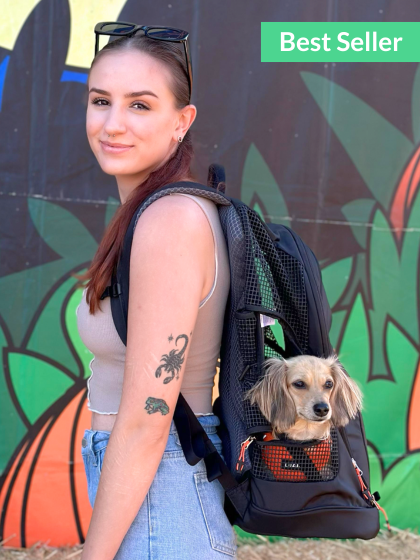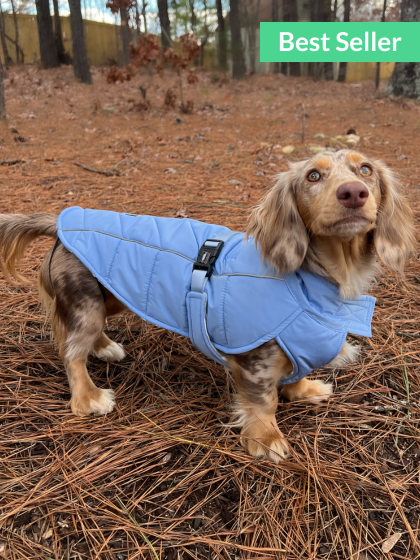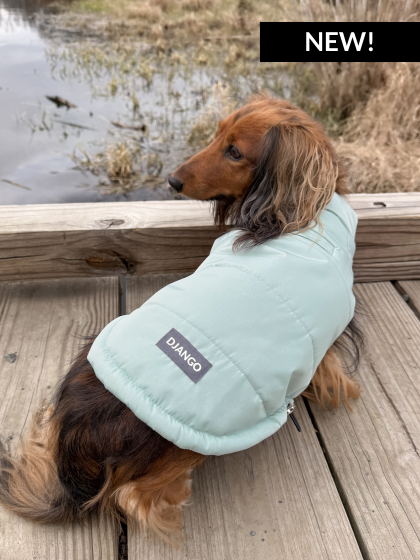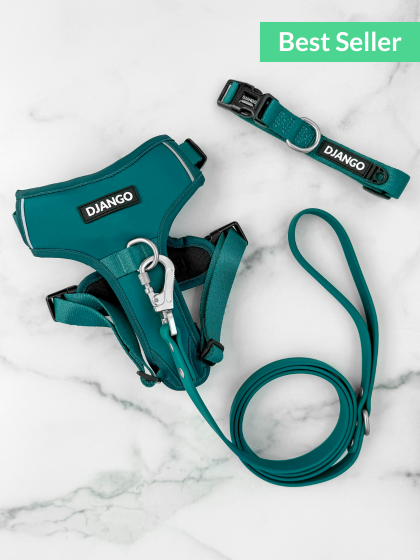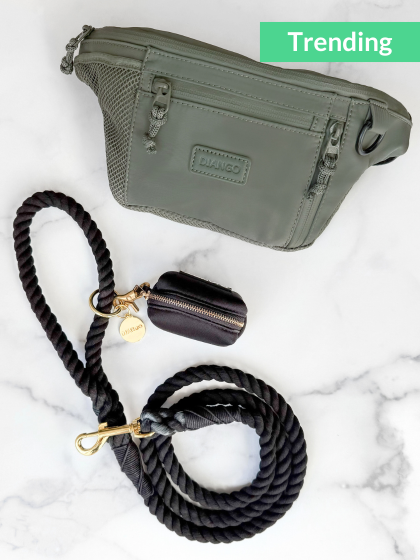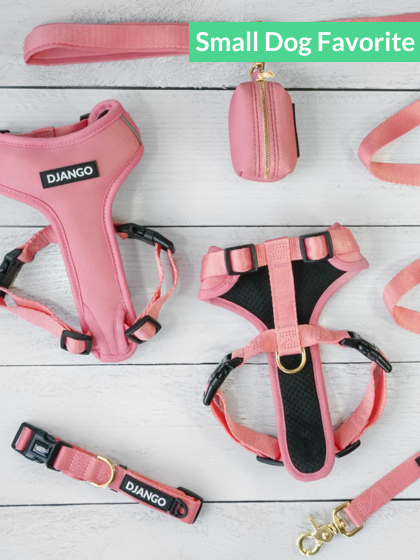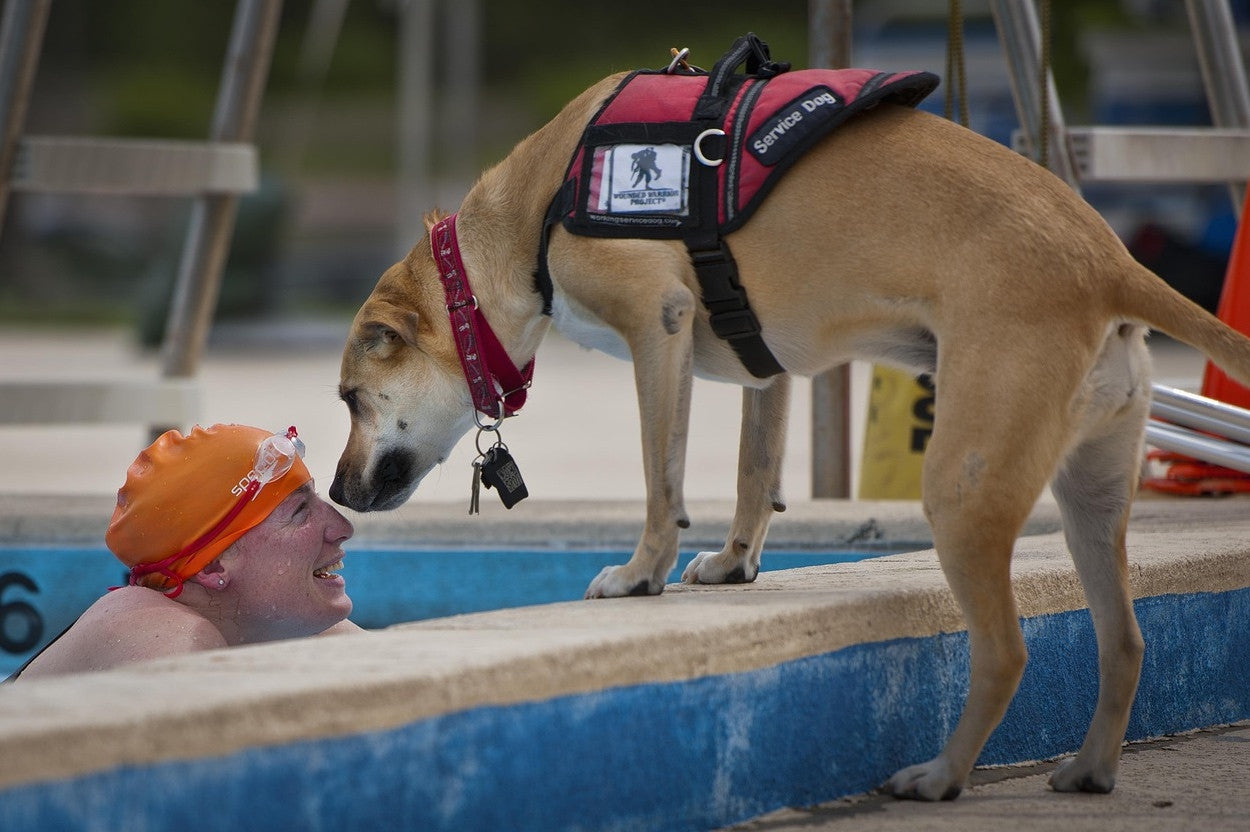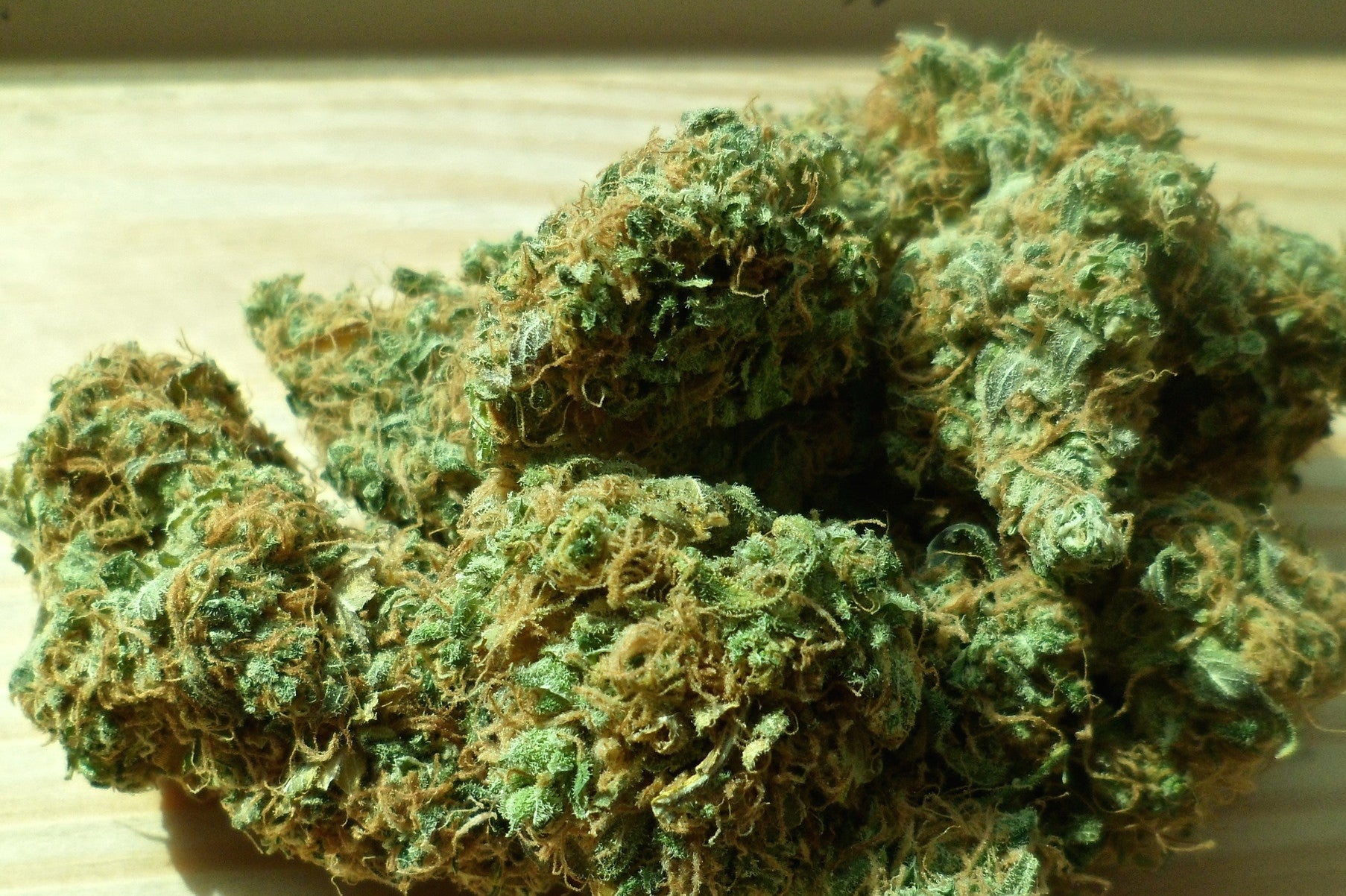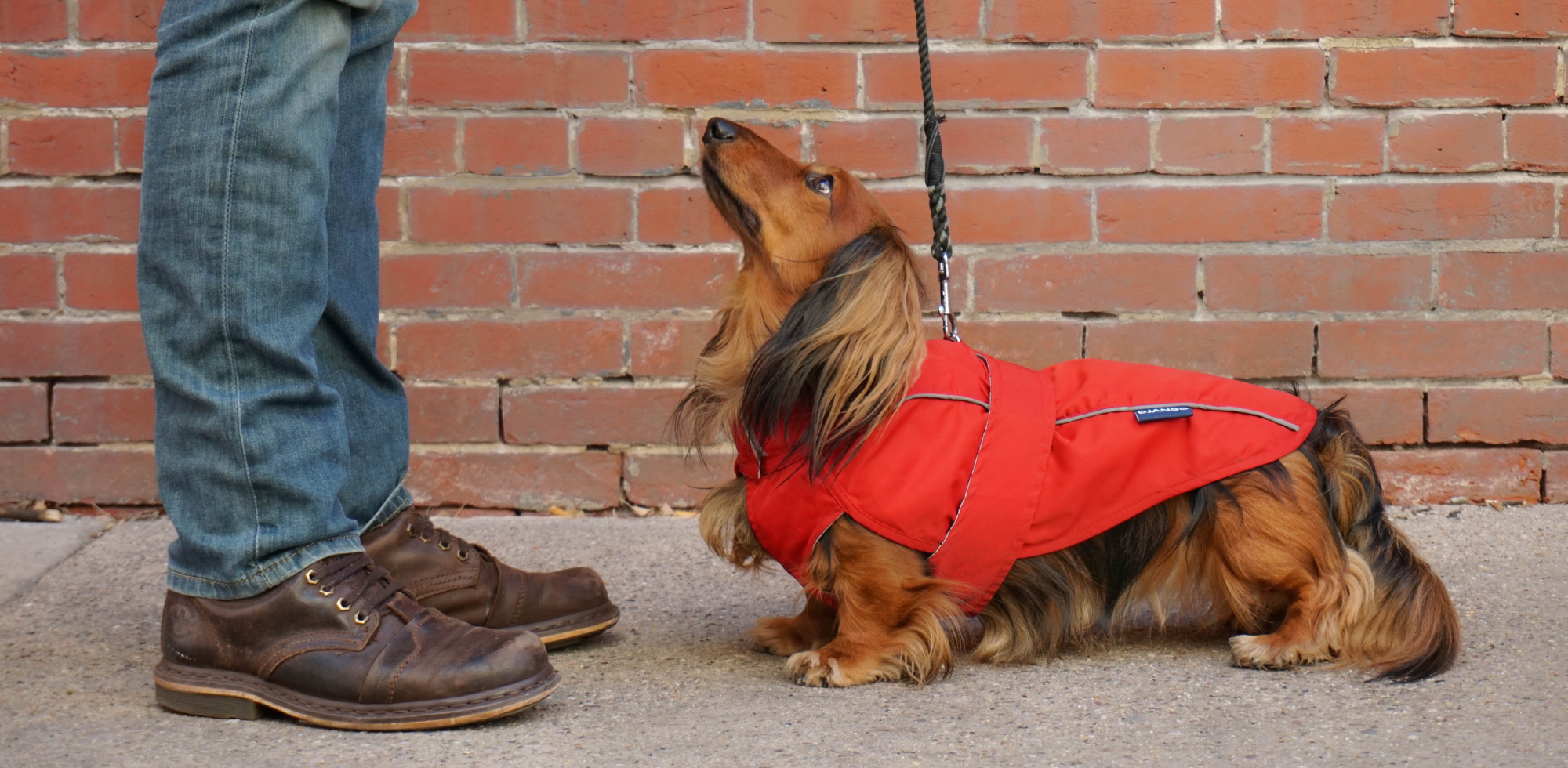Each year there are more than 100,000 cases of pet poisoning just in the United States. A large proportion of the reported toxins are common household items. Check out our list of the most commonly reported pet toxins found in the household.
1. Human foods
Certain everyday food items that we enjoy can be lethal to our four-legged friends. Chocolate, xylitol (a sugar alcohol used as a sweetener, often in sugar-free gum), and grapes/raisins are some of the most commonly reported poisons that lead to pet emergencies.
2. Human medications
Both prescription and over-the-counter medicines can have fatal consequences for dogs. Everyday pain relievers such as Advil®, Aleve® and Motrin can cause kidney failure in dogs or lead to painful stomach and intestinal ulcers. Antidepressants can lead to vomiting, rapid heart beat, and can even cause seizures.
3. Insecticides
Insecticides and pesticides, including sprays and flea/tick medicine, can be life threatening to dogs, even if ingested in small amounts. The risks of misusing flea/tick medicine often surprises people the most. If used excessively or incorrecting, flea/tick can lead to poisoning just like any other toxin.
4. Rat poison (rodenticides)
Rodenticides contain an assortment of chemicals that can have lethal consequences on pets if ingested, even in small amounts. Pets can also be poisoned by ingesting or playing with rodents that ingested rat poisons.
5. Cleaning products
Domestic cleaning products are chemical-based and cause moderate to severe injury in pets if ingested. Alkaline-based products including bleach and many oven cleanes are especially dangerous and can lead to symptoms such as abdominal pain, difficulty swallowing, and difficulty breathing.
6. Lawn fertilizer and mulch
Fertilizer and mulch products contain numerous chemicals that are harmful to pets, particularly in large amounts. While your dog should be fine if he eats a few blades of grass, direct ingestion of these products can lead to tremors and seizures.
7. Plants
5% of the calls in 2015 to the ASPCA Animal Poison Control Center were related to poisoning from indoor and outdoor plants. Although cats were responsible for most of the calls, dogs are also susceptible to plant toxins.
If you suspect your pet has ingested any toxin, call your vet or the ASPCA Animal Poison Control Center (888-426-4435) immediately. Learn more about the APCC here



